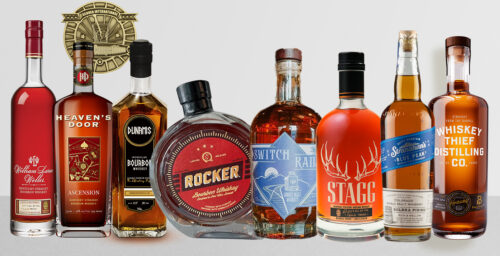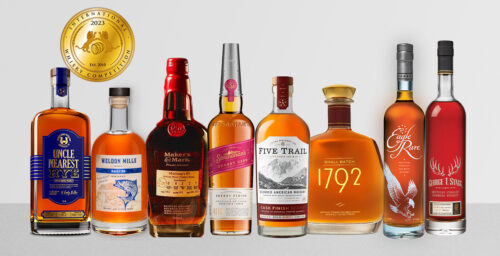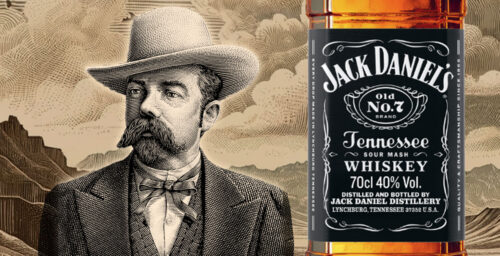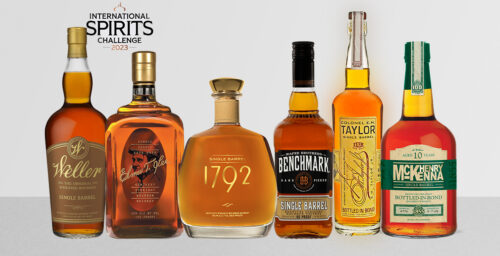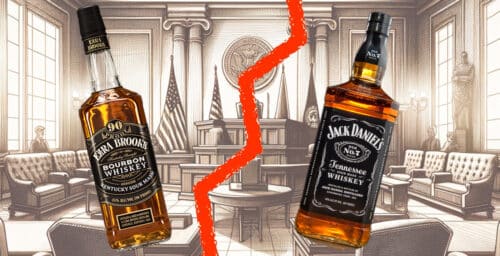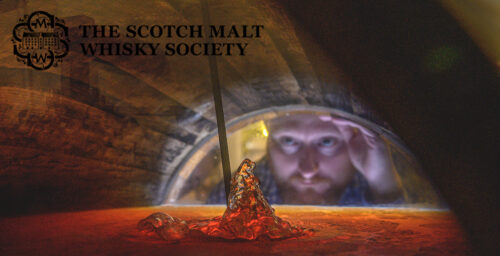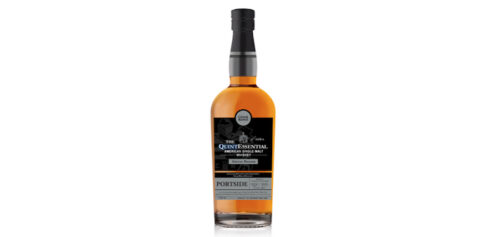Did you know the Irish invented whiskey? Now the Scots will disagree with me on that one, but as far back as earliest records go, Irish missionary monks discovered the skill of distillation on their travels, way back some 1500 years ago. They put these new skills to the test when they got back to the Emerald Isle, but instead of distilling perfumes they found a better use for their newly acquired skills and they distilled alcohol. It was the monks who gave us Irish whiskey and we still thank them when we pray to them.
Irish whiskey was very famous throughout the world for a long time, enjoying much success around the globe in the 16th, 17th,18th and 19th centuries. At its peak there were 88 licensed distilleries around the island at the end of 1800s (add on a couple of zeros to that number if we were to include the illegal stills). But as we entered the 20th century, the category would face many challenges, and things went from bad to worse, to terrible!
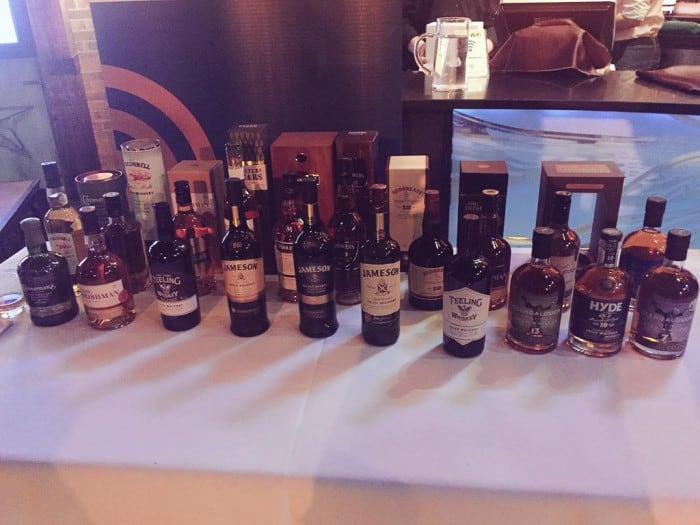
In 1914, the world was at war and there were restrictions on using barley and coal for anything other than the war effort. In 1916, the Irish had their own war with the British over Easter Week – it was our first widespread militant uprising in a quest for independence. It was a turbulent time for relations between us and our neighbour from that point and it got worse in 1919 when we had a full out War of Independence against the British here in Ireland until 1921. So these difficult times proved extremely tough for Irish whiskey producers and their customers in Britain, who now deemed Irish whiskey as a “rebel” product to the effect that this impacted consumption all over the British Empire.
Furthermore, in 1919, the United States introduced Prohibition and, suddenly, there went our biggest export market overnight. That lasted all the way to 1933! And we also had bootleggers like Al Capone counterfeiting premium Irish whiskey by adding colourants as terrible as varnish to pure alcohol. This caused serious damage to the image previously held by Irish whiskey as being reliable and well crafted. Then came World War II, and then a bitter trade war with Britain which effectively closed off the entire British Empire as market for Irish whiskey, including such places as India, Canada and Australia.
And if all of that wasn’t bad enough, Scotch whisky was flourishing. A man by the name of Aeneas Coffey devised a new column ,or Coffey, distillation method which facilitated mass and constant distillation. This was embraced fully by the Scots, but hated by the Irish as they felt it compromised the quality of their whiskey. Mr. Coffey was unpopular to begin with, as his former career had him in charge of collecting taxes in Ireland!
Irish whiskey had nothing going in its favour – it was all doom and gloom. By the mid 1900s only five whiskey distilleries/brands had survived; namely, Jameson in Smithfield, Dublin; John Powers & Sons in Dublin; Paddy Irish Whiskey; Tullamore DEW in the midlands and Bushmills in the north of Ireland. The five knew they weren’t going to survive on their own, and that they needed to cease competing with each other and instead join forces. They thus established the Irish Distillers Group in 1966, and it was at this point that the rebuild of Irish whiskey began!
The group was bought by French drinks company Pernod Ricard in 1988, and they implemented an intense sales and marketing effort to distribute Irish whiskey on a worldwide scale again, with Jameson as the flagship brand. Around the same time, John Teeling opened Cooley Distillery up along the north coast, and there were two big players on the whiskey scene.
With two whiskey companies only in the late 1980s, the picture is a lot different today. Distilleries are popping up all over the country. At the moment, we have a new distillery opening every month it seems like, with each making their own unique brands of Irish whiskey (and some very popular Irish gins, vodkas and poitín in the interim). It is indeed a great time to be Irish as we witness a true Irish whiskey renaissance.


